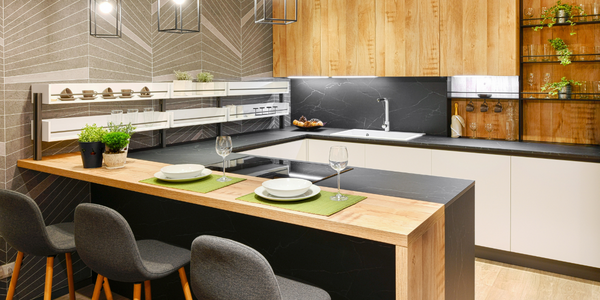Global interactive flat panel display provider saved $150K with Shippabo’s freight
Customer Company Size
Large Corporate
Region
- America
Country
- United States
Product
- Shippabo Platform
- ProScene Projectors
- Creative Touch Interactive Flat Panel Displays
Tech Stack
- Real-Time Shipment Tracking
- Automation for Manual Tasks
- Centralized Communications Platform
Implementation Scale
- Enterprise-wide Deployment
Impact Metrics
- Cost Savings
- Customer Satisfaction
- Productivity Improvements
Technology Category
- Analytics & Modeling - Real Time Analytics
- Application Infrastructure & Middleware - Data Exchange & Integration
- Functional Applications - Remote Monitoring & Control Systems
Applicable Industries
- Electronics
- Consumer Goods
Applicable Functions
- Logistics & Transportation
- Warehouse & Inventory Management
Use Cases
- Supply Chain Visibility
- Fleet Management
- Inventory Management
Services
- Cloud Planning, Design & Implementation Services
- System Integration
About The Customer
Optoma Technology, Inc. is the global technology wing of Optoma Group, headquartered in the U.S. The company specializes in creating innovative visual display products, including ProScene projectors and Creative Touch Interactive Flat Panel displays. Optoma's products are known for providing amazing viewing experiences. The company had no platform to manage their shipments before partnering with Shippabo, relying instead on overseas agents for bookings. During the pandemic, they struggled with high freight rates and needed a solution to streamline their logistics and reduce costs.
The Challenge
Optoma Technology faced significant challenges during the pandemic, including skyrocketing freight rates and a lack of a centralized platform for managing shipments. The company relied on overseas agents for bookings, which led to confusion and delays due to manual processes. They needed a freight forwarding partner that could offer competitive pricing and a way to easily track and share shipment information in one central location. Additionally, they required automation for various manual tasks to focus on growing their business.
The Solution
Shippabo provided Optoma Technology with a comprehensive platform to manage their freight forwarding needs. The platform offered competitive rates through an annual fixed rate contract, which helped Optoma control costs and increase savings. Shippabo's platform also centralized communications, allowing both internal teams and overseas partners to access shipment details in real-time. The automation features of the platform significantly reduced manual processes, enabling Optoma to focus on strategic business growth. The platform's quoting and communication features, along with the ability to organize shipments by customized nicknames, provided Optoma with maximum visibility and control over their supply chain.
Operational Impact
Quantitative Benefit

Case Study missing?
Start adding your own!
Register with your work email and create a new case study profile for your business.
Related Case Studies.
.png)
Case Study
Improving Vending Machine Profitability with the Internet of Things (IoT)
The vending industry is undergoing a sea change, taking advantage of new technologies to go beyond just delivering snacks to creating a new retail location. Intelligent vending machines can be found in many public locations as well as company facilities, selling different types of goods and services, including even computer accessories, gold bars, tickets, and office supplies. With increasing sophistication, they may also provide time- and location-based data pertaining to sales, inventory, and customer preferences. But at the end of the day, vending machine operators know greater profitability is driven by higher sales and lower operating costs.

Case Study
Remote Temperature Monitoring of Perishable Goods Saves Money
RMONI was facing temperature monitoring challenges in a cold chain business. A cold chain must be established and maintained to ensure goods have been properly refrigerated during every step of the process, making temperature monitoring a critical business function. Manual registration practice can be very costly, labor intensive and prone to mistakes.

Case Study
Series Production with Lot-size-1 Flexibility
Nobilia manufactures customized fitted kitchens with a lot size of 1. They require maximum transparency of tracking design data and individual processing steps so that they can locate a particular piece of kitchen furniture in the sequence of processes.





